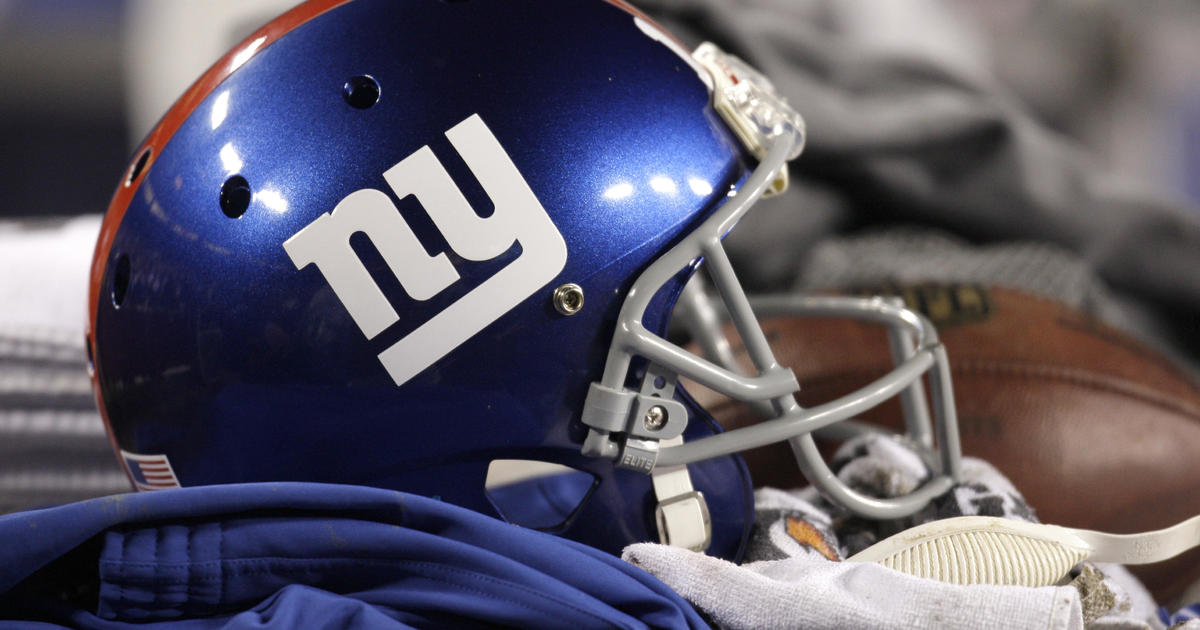By The Numbers: Does Spring Training Matter?
By Father Gabe Costa
» More Columns
In this episode of By The Numbers, and for the next several installments, students taking a sabermetrics course will be sharing their insights and opinions. This week Mr. Eric Whitley is our guest blogger. Enjoy!
Eric Whitley: With pitchers and catchers set to report in just a few short weeks, I found myself contemplating the upcoming spring training season. As an avid sports fan, I never really know what to make of any preseason games.
It seems that the results of these 'meaningless' contests can be presented in a way that is always encouraging for sports fans of both teams involved. For instance, if your favorite team loses, chances are a young prospect still went 2 for 4 and showed some plate discipline. Beat writers for your team are likely to highlight this fact as opposed to the final score.
Conversely, if your favorite team wins, excitement runs high heading into the regular season. What are we to make of all of this? Do the results of spring training games have any effect on regular season success or failure?
The short answer to this question is simple—spring training winning percentage has very little to do with regular season winning percentage. To arrive at this conclusion, I examined the spring training winning percentages of all 30 Major League Baseball (MLB) teams and compared these values to their respective regular season winning percentages. I looked at data from both 2009 and 2010. Admittedly, it would be optimal to look at data from as many years as possible.
Due to time constraints, I chose to examine only 2009 and 2010 and both of these years produced similar results. Little more than a simple linear regression (Refer to Excel file - right click to download) was used to determine the amount of variation in my independent variable (regular season winning percentage) that was explained by my explanatory variable (spring training winning percentage). One would assume that a MLB team's spring training winning percentage would be positively correlated with its regular season winning percentage, but to what degree?
In 2009, team spring training winning percentage explained only 14.81% of the variation observed in team regular season winning percentage. Similarly, in 2010, team spring training winning percentage accounted for only 16.03% of the variation seen in team regular season winning percentage (again, please refer to the Excel file). To put these figures in perspective, we must keep in mind that a value of 0% (no correlation between spring training and regular season success whatsoever) is dangerously close to both of these figures for 2009 and 2010. The data shows that a positive correlation exists, but these values lie much closer to 0 than to 100% (perfect correlation). Go out and enjoy the weather in Arizona and Florida—just be sure to pay little attention to the final scores!
Let's take a closer look at the data that was used. The data was obtained from www.espn.com, and spring training split-squad game results did factor into spring training winning percentages. Any ties that occurred during the spring training slate of games, along with any contests against teams outside of Major League Baseball, did not affect spring training winning percentage values. Schedules obviously differ from year to year and as I mentioned before, only two years were examined.
Injuries are approached with extreme caution in spring training, and rightly so. Surely, different MLB organizations approach spring training with varying goals each year. For example, teams with proven veterans in their pitching rotations may throw younger hurlers out there at times to see how they fare against major league hitting. On the other hand, some of the younger, often times less-talented, teams in the league may make many roster decisions based on player performance during spring training. The convergence of these two extremely simplified approaches undoubtedly yields some interesting results.
The 2009 Pittsburgh Pirates enjoyed a relatively successful spring training campaign in 2009, posting a .578 winning percentage. They followed up their efforts by winning only 38.5% of their games during the regular season. Along the same lines, Royals fans in 2009 may remember their .625 winning percentage in spring training; Kansas City, however, went on to produce less than memorable results in the regular season by winning just over 40% of their contests. In the same year, the Dodgers and Phillies improved their respective winning percentages by 18.1% and 13.6% from spring training to the regular season.
On average, a MLB team's winning percentage was 2.3% higher in spring training than the regular season in 2009. 2010's big loser (or misleading spring winner) was none other than the Cleveland Indians. The Indians won 73.2% of their games in spring training but went on to post a winning percentage of only .426 during the games that mattered! The Chicago Cubs treated their fan base similarly as they won only 46.3% of their games in 2010 after ending the spring with a 0.650 winning percentage.
As fans of the game, what does all of this mean to us? I believe that it proves that spring training games mean very little—once the games and statistics start becoming official, spring training wins and losses are a distant memory. That monster homerun in Peoria, Arizona, in March does little to comfort the major league hitter in the midst of a 2 for 30 slump at the plate during the first month of the season. Likewise, as fans of baseball, we should reserve any real judgment on overall team performance for Opening Day and beyond.
Don't believe me? Talk with an Indians fan…
Do you think spring training games have an effect on regular season success? Sound off in the comments below!




